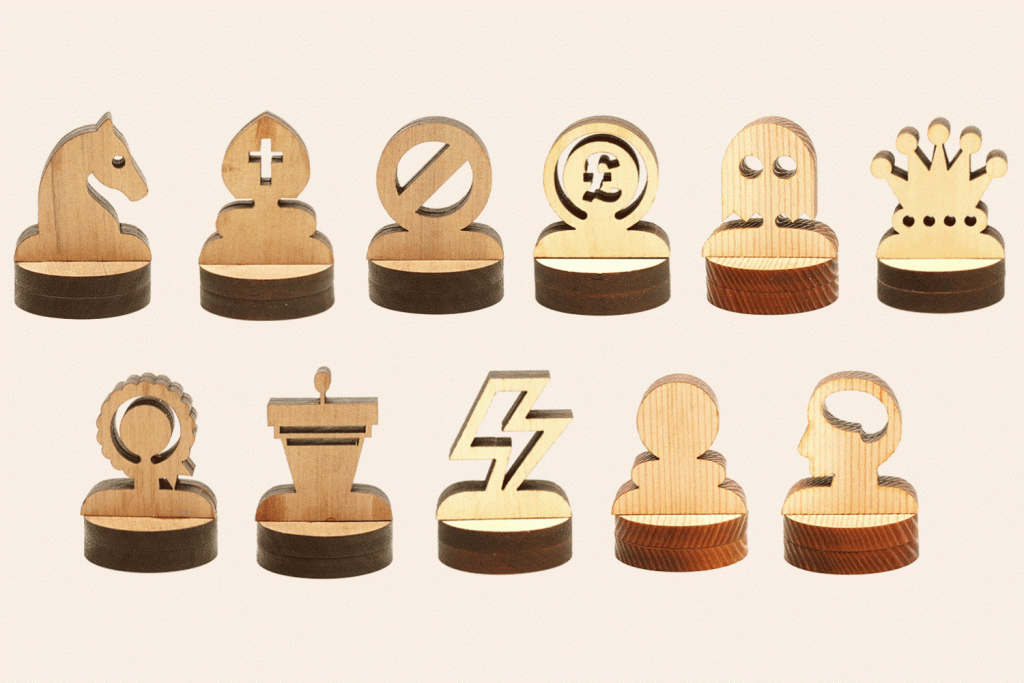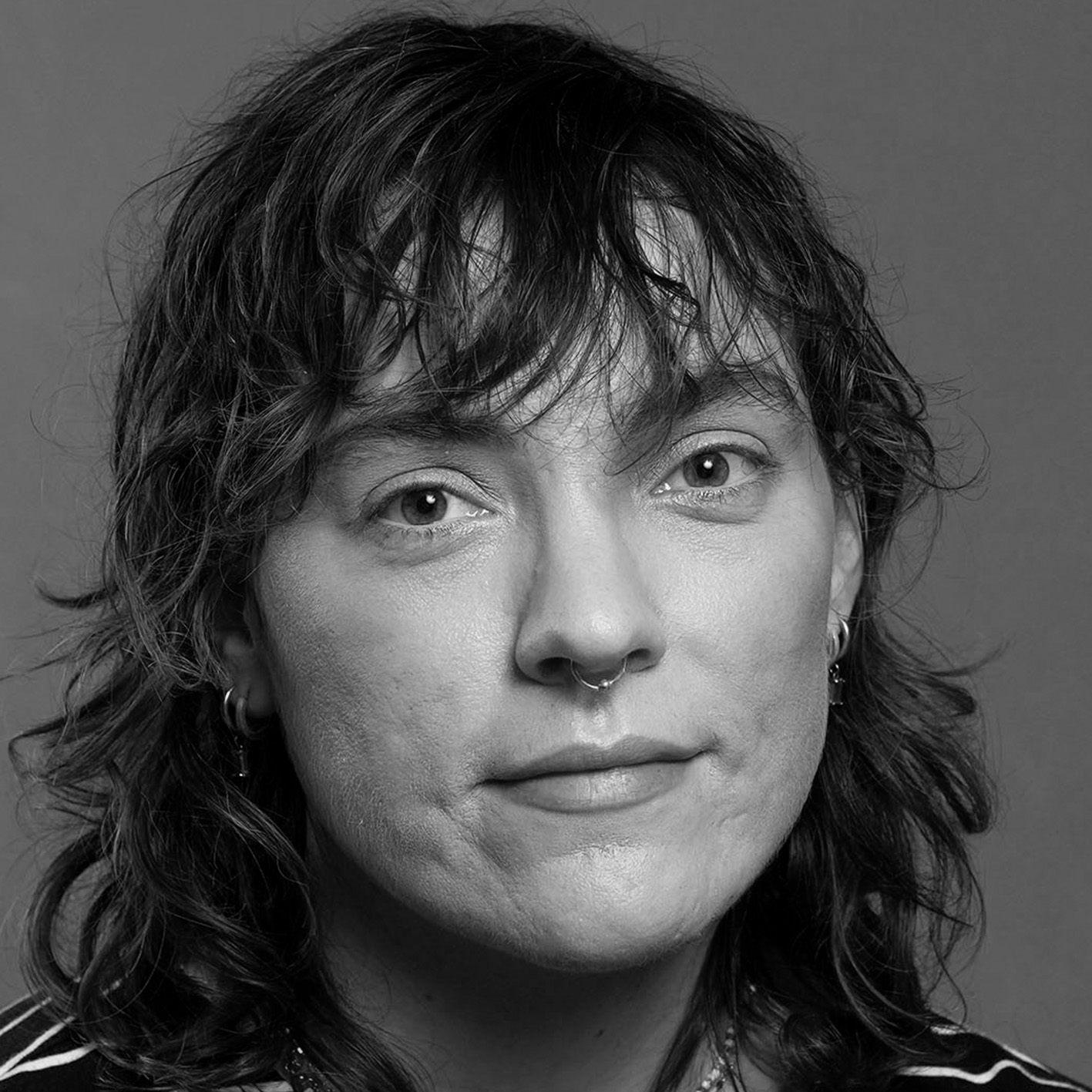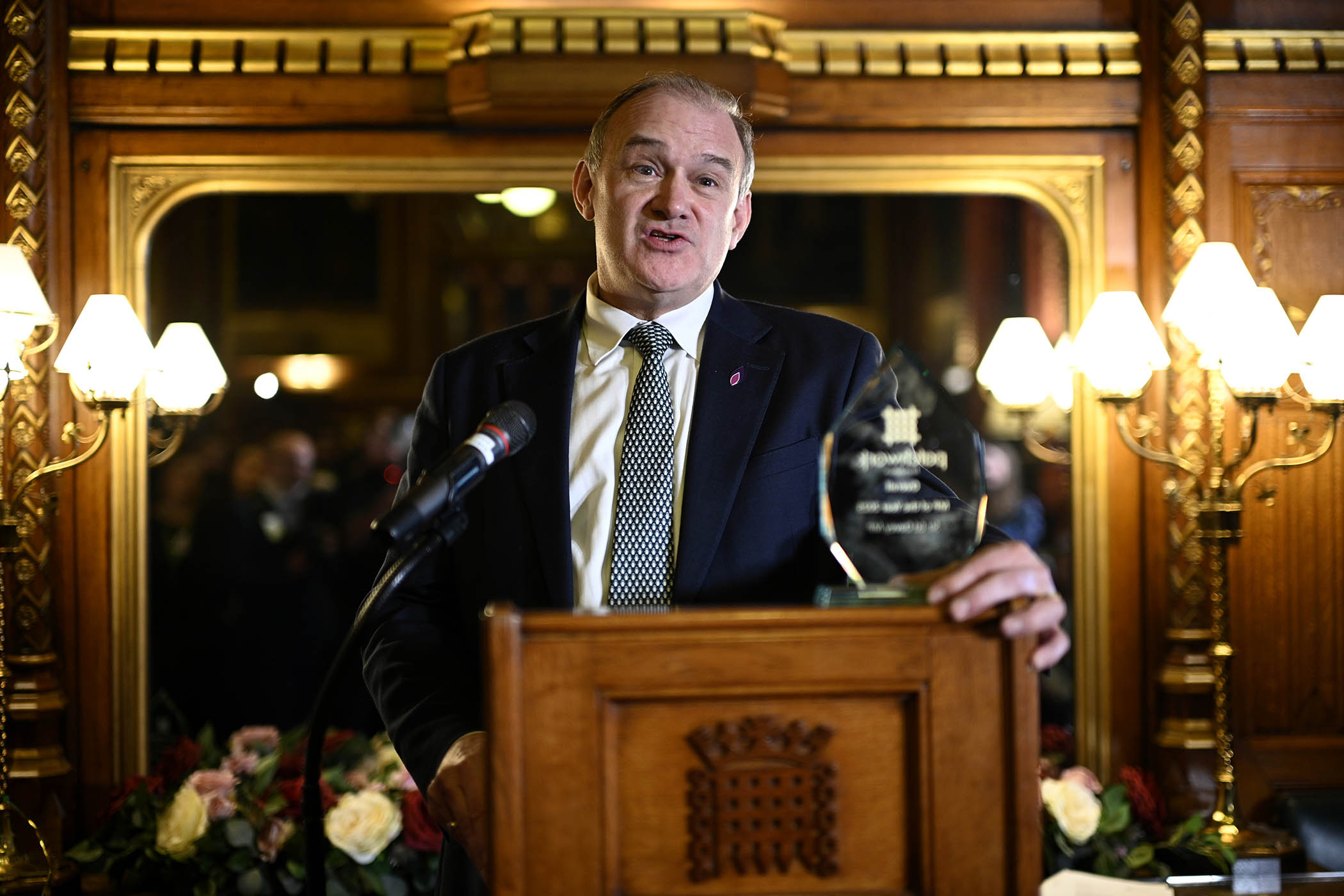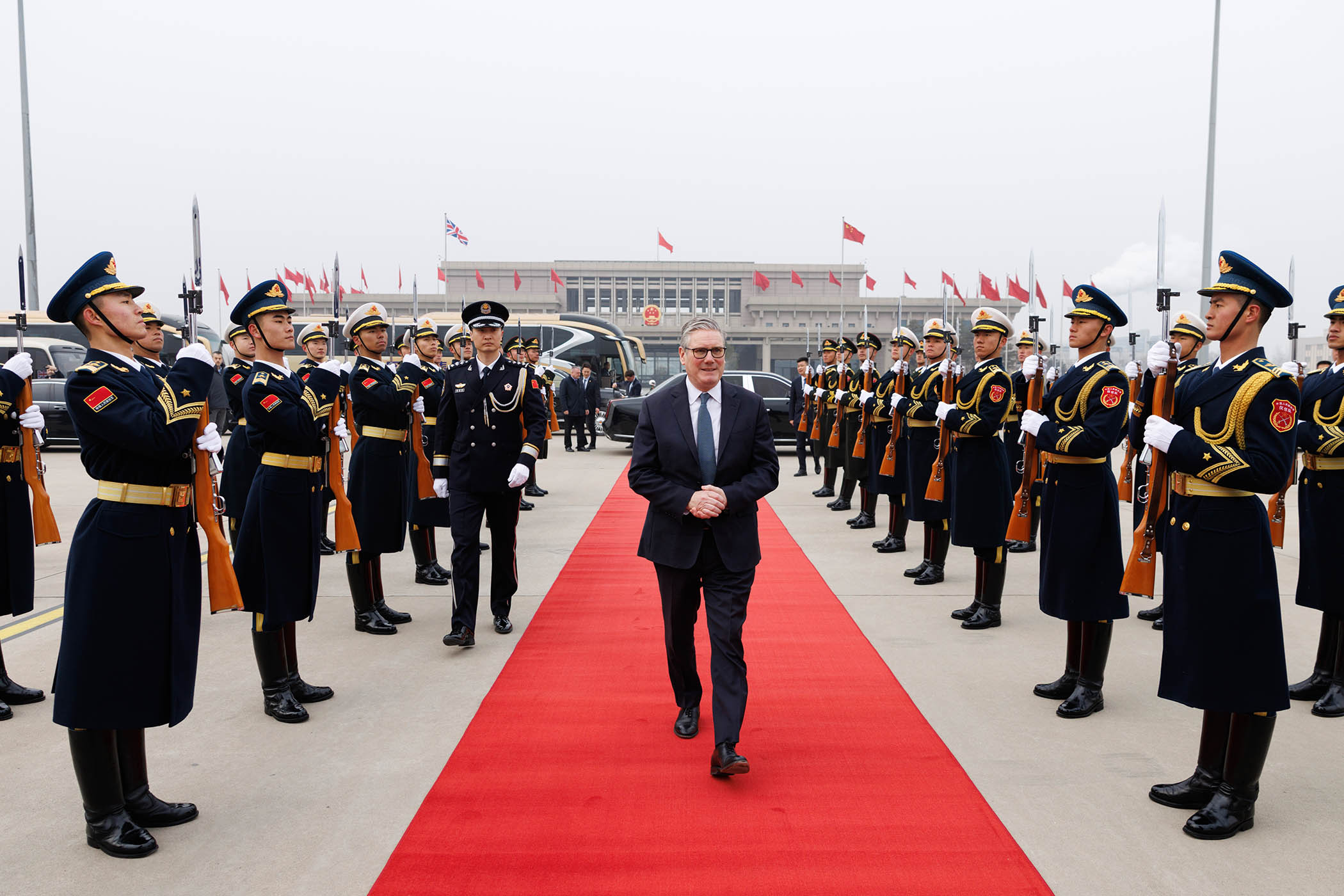A quarter of the members of the UK’s House of Lords do two-thirds of the work, and 24 do nothing, Tortoise has found.
So what? That is not how parliaments are meant to operate. Under the new Labour government, the House of Lords is heading for reform. But a comprehensive new analysis of how the upper chamber works shows that Labour’s plans to scrap hereditary peers only scratch the surface of potential changes that could be made to improve the parliamentary system.
Last week MPs backed a bill that would abolish the 92 seats reserved for hereditary peers, who inherit their titles through their families. But this has opened a debate on whether the 26 seats allocated for bishops should also be reviewed – and a participation threshold introduced.
If it is, Tortoise analysis suggests the vast majority of the work of the House is done by roughly 210 of its 830 members:
•
71 per cent of all amendments are made by 26 per cent of peers;
•
63 per cent of all spoken contributions are made by the same group of people; and
•
the same is true of 61 per cent of all written questions.
Grey zone. The distinction between busy and less busy peers isn’t black and white. There are 149 specialists who generally speak only on their chosen topic, bringing expertise to debates – but also the potential for conflicts of interests.
Unlike MPs, peers are paid an allowance instead of a salary, are not elected, and have different reporting requirements on their outside benefits. While experience is seen as a virtue, it can create a fundamental tension between public duty and private interest.
Tortoise has found instances of
•
peers regularly failing to declare their interests before taking part in debates in which those interests are relevant;
•
peers only speaking in debates in which they have an interest; and
•
peers taking leaves of absence – intended for them to deal with health problems or fulfil other public duties – to carry out private work, particularly for foreign entities.
Lords not leaving. Some peers have opted out of legislation but retain their titles and access the Westminster estate, along with guests if they choose. As Labour makes plans to axe their hereditary colleagues, those who do no work while enjoying the perks of membership are coming under renewed scrutiny.
Time for a peer review. The House of Lords receives less scrutiny than the House of Commons, partly because of members’ semi-private status as unelected, part-time legislators. But many peers recognise the chamber is not working as intended.
It is the world’s second-largest parliamentary chamber after China’s National People’s Congress, and the only one apart from Iran’s to include clerics as of right. Conservatives as well as Labour have advocated shrinking it: Norman Fowler, a former Lords speaker and minister under Margaret Thatcher, has argued for its membership to be cut to 600.
Newsletters
Choose the newsletters you want to receive
View more
For information about how The Observer protects your data, read our Privacy Policy
There are dedicated public servants in the Lords, and there is world-class expertise. But as a body it is bloated and expensive and its rules are shot through with loopholes.
That is why Tortoise has created the Peer Review, to give everyone the ability to assess how – and who within – the upper chamber really works.
Alongside a series of articles released over the coming days, we are publishing a new interactive tool enabling members of the public to better understand the oldest, biggest and by most yardsticks least accountable pillar of the British democratic system.
CNN viewers switch off after Trump’s election victory
Liberal cable news channel CNN is facing a Trump slump, as viewers desert the station and its left-leaning rival MSNBC following the US election.
One week after Donald Trump’s victory, both networks drew their smallest audiences in nearly a quarter of a century: a total day average of 46,000 for MSNBC and 64,000 for CNN among 25-54 year-olds.
The solution, according to CNN chief Mark Thompson, is to move beyond Trump drama. That was conveyed in an all-hands meeting reported by Puck last week.
Thompson, who saw a sales boost at his previous parish the New York Times in the wake of Trump’s first victory, plans to lay off staff and move to a digital first strategy.
His predecessor Jeff Zucker leaned into Trump, with close to wall-to-wall coverage of one big story. If liberal America’s gloom is driving it from the news, can Thompson’s NYT strategy of expanding into cooking and puzzles work for a cable news channel?
Musk’s ‘extreme mental stress’ revealed in new OpenAI emails
Unimaginable wealth doesn’t create an oasis of calm, if you believe the emails released as part of Elon Musk’s lawsuit against OpenAI.
DeepMind is “causing me extreme mental stress”, Musk wrote in 2016, over apparent fears that the research lab would win the race to artificial general intelligence.
Musk was an ally of DeepMind founder Demis Hassabis, but the pair fell out when Hassabis sold his company to Google in 2014. Musk’s relationship with Sam Altman, his co-founder at ChatGPT-maker OpenAI, similarly soured.
Musk is suing Altman and OpenAI, which he claims abandoned its mission to develop AI to benefit humanity. Last week Musk expanded the lawsuit by accusing OpenAI of monopolising the generative AI market with Microsoft, and Altman of exploiting Musk’s “money, stature, and contacts”. Hence the latest cache of emails.
This may just seem like a power struggle between two wealthy men – three if you count Hassabis, who is not party to the lawsuit – but the future of computing is at stake.
Women face twice the wait for gynaecology care in the UK
The waiting list for gynaecology care in the UK has more than doubled since the start of the pandemic. According to the Royal College of Obstetricians and Gynaecologists (RCOG), around 750,000 people are waiting for non-cancer gynaecology appointments across the NHS.
Emergency admissions to acute gynaecology units in England also increased by a third between 2021 and 2024, with nearly 30,000 women left waiting more than a year for treatment.
In a new report, the RCOG is calling on the government to commit long-term funding support to alleviate the crisis in hospital gynaecology care.
The Department of Health and Social Care wants to “overhaul” women’s health as part of the 10-year plan for the NHS. For the time being, a £22.6 billion rise in day-to-day health spending across the service may help bring down waiting lists.
Women being unable to work due to heavy periods, endometriosis and other conditions costs the UK economy nearly £11 billion every year.
Ukraine hits Russia with US-made missiles for the first time
On the thousandth day of Russia’s full-scale invasion, Ukraine hit the country with long-range weapons supplied by the US.
It came less than 48 hours after Joe Biden finally relented to their use following months of entreaties from Ukraine. Russia’s defence ministry claims five of six missiles fired at a weapons building in the Bryansk border region were intercepted.
A US official told AP it was two of about eight. According to Ukraine the building contained guided aerial bombs, anti-aircraft missiles and rocket systems, much of which came from North Korea.
News of the attack came shortly after Vladimir Putin approved changes to Russia’s nuclear doctrine, which would now allow for a nuclear strike in response to a possible conventional attack by its enemies.
The US national security council played down the update, which has been weeks in the making, and said it saw no reason to adjust its own nuclear posture.
Thousands protest Māori bill in New Zealand march
More than 40,000 people gathered outside New Zealand’s parliament yesterday in the country’s largest ever protest over Māori rights.
Demonstrators oppose a bill that would reinterpret the Treaty of Waitangi, the founding document which established the state of New Zealand between the Māori chiefs and the British crown.
Although not expected to pass, the libertarian party that introduced the bill says the treaty has led to Māori people being prioritised over non-indigenous citizens.
Māori groups say redefining the document is an assault on their rights and inflames tensions with the government. Although part of the coalition behind the bill,
New Zealand’s Prime Minister Christopher Luxon said it wouldn’t pass into law. More than a million Māori people live in New Zealand, making up around 20 per cent of the population.
Catherine Neilan
Katie Riley
Catherine Neilan
Additional reporting by Giles Whittell, Stephen Armstrong, Xavier Greenwood, Phoebe Davis and Nina Kuryata.
Thanks for reading. This article is part of our Daily Sensemaker, a free newsletter from Tortoise. Take once a day for greater clarity.





